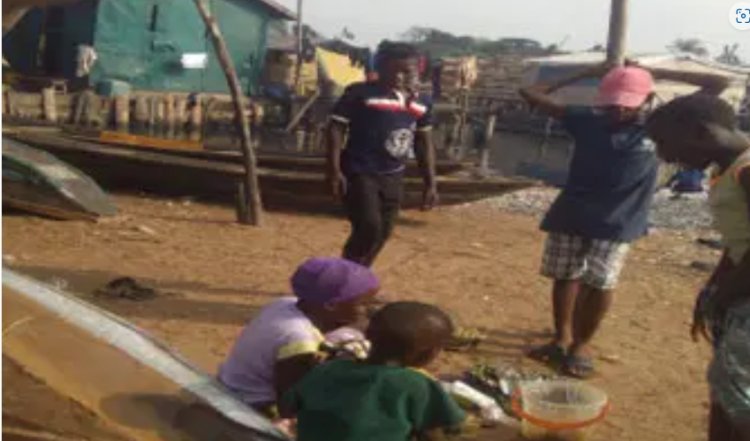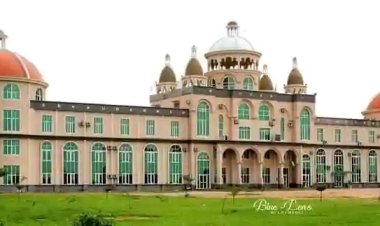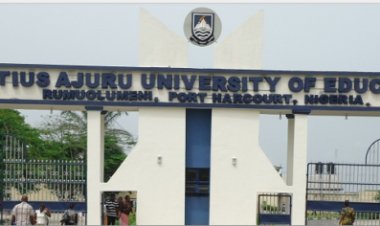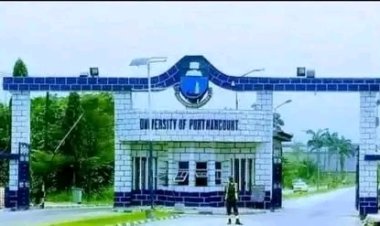EU, Plan International Nigeria to Reintegrate 300,000 Out-of-School Children in North-West Nigeria
A consortium funded by the European Union, led by Plan International Nigeria alongside Save the Children International and the Dispute Resolution and Development Initiative, aims to reintegrate over 300,000 out-of-school children in Kano, Jigawa, and Sokoto states through the Accelerated Basic Education Program (ABEP).

A consortium funded by the European Union (EU), led by Plan International Nigeria (PI) alongside Save the Children International (SCI) and the Dispute Resolution and Development Initiative (DRDI), has announced an ambitious plan to return over 300,000 out-of-school children in Kano, Jigawa, and Sokoto states back to education. This initiative will implement the Accelerated Basic Education Program (ABEP), a non-formal educational approach designed to cater to children who have been out of school.
During the project startup workshop in Kano, Tobi Ransomed, the EU Consortium Lead and Education Advisor of Plan International Nigeria, highlighted the significance of this project. “The project, funded by the European Union, is set to run from July 2024 to June 2027, targeting children and youth aged between 10 and 18 years old. We aim to address the pressing issue of out-of-school children, particularly in underserved and nomadic communities,” she stated.
UNESCO data from 2022 revealed that Nigeria has about 20 million out-of-school children and youth, with the North-West region alone contributing approximately 3.49 million. This region grapples with high poverty rates, frequent school attacks, kidnappings, gender discrimination, early marriages, inadequate school resources, and a shortage of teachers, which significantly hinder educational access.
The project aims not only to reintegrate children into formal education but also to provide vocational training, focusing on skills development for youth, especially girls in rural areas. Ransomed emphasized the importance of offering gender-sensitive, inclusive, and conflict-sensitive quality education. "We will identify 60,000 children who will receive additional support for vocational skills training, recognizing that not all children may wish to pursue traditional secondary or tertiary education," she added.
The initiative will focus on 12 local government areas (LGAs), with Kano hosting the highest number at five LGAs, while Sokoto and Jigawa will have four and three, respectively. The targeted communities were chosen based on their high numbers of out-of-school children and the prevalence of underserved populations. Furthermore, the project aims to include over 10% of nomadic children and those with disabilities in its educational efforts.

 Chris Oyeoku Okafor
Chris Oyeoku Okafor 



